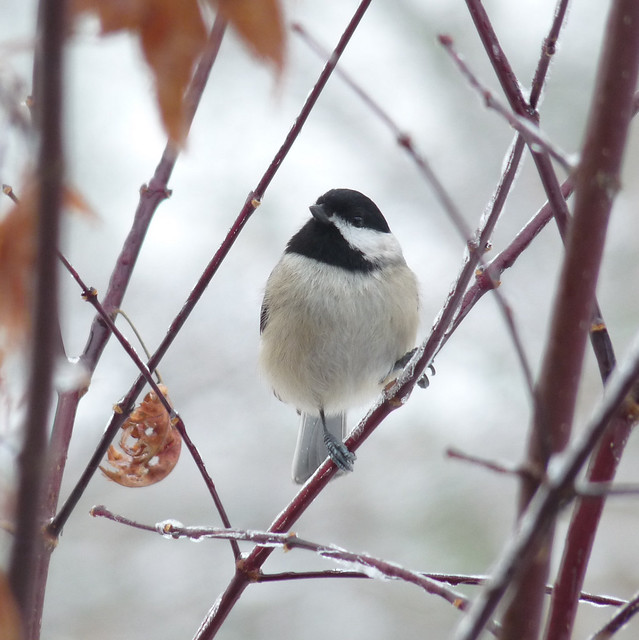Another day, another tale of mystery meat.
Nestle voluntarily recalled two of its Hot Pocket products as part of a larger meat recall….
These products may have been affected by a recall by Rancho Feeding Corp. last week of 8.7 million pounds of beef product.
Regulators said the company processed “diseased and unsound animals” without a full federal inspection, according to the U.S. Department of Agriculture.
The USDA says the products were unfit for human consumption.
What, faced with such horror, are the temptations? One is to crawl back under the covers and hide, to gnaw our Hot Pockets in nurtured ignorance. Another is to raise the hue and cry, to demand regulation or retribution, after which (we hope, stupidly) all will again be well. A third is to run away, retreat, withdraw into a culinary monastery of one, refusing to eat anything that might be tainted.
All three temptations lead us wrong. All three reinforce the error that led wrong us in the first place — that raised livestock to disease and unsoundness, hashed them into “beef product,” flavored them with chemicals, wrapped them in pastry and called them dinner.
What is at bottom wrong with our food system is that it indulges our desire to believe ourselves separate, apart, above. Food is grown from mud and shit. Every living thing is nourished by the death of another, or of many others. We rely on an earth we cannot control for our sustenance and on the decency and goodwill of others to bring it to us. Nature is messy. Life is messy.
The supermarket permits none of this. Dinner is chopped, diced, sized, sorted, arranged, flavored, cheerfully labeled, engagingly presented, laboratory-fresh, untouched by human hands, neat and clean and ordered.
Bullshit.





